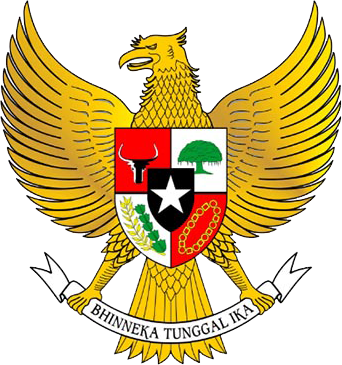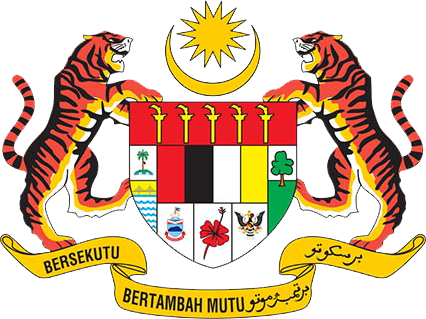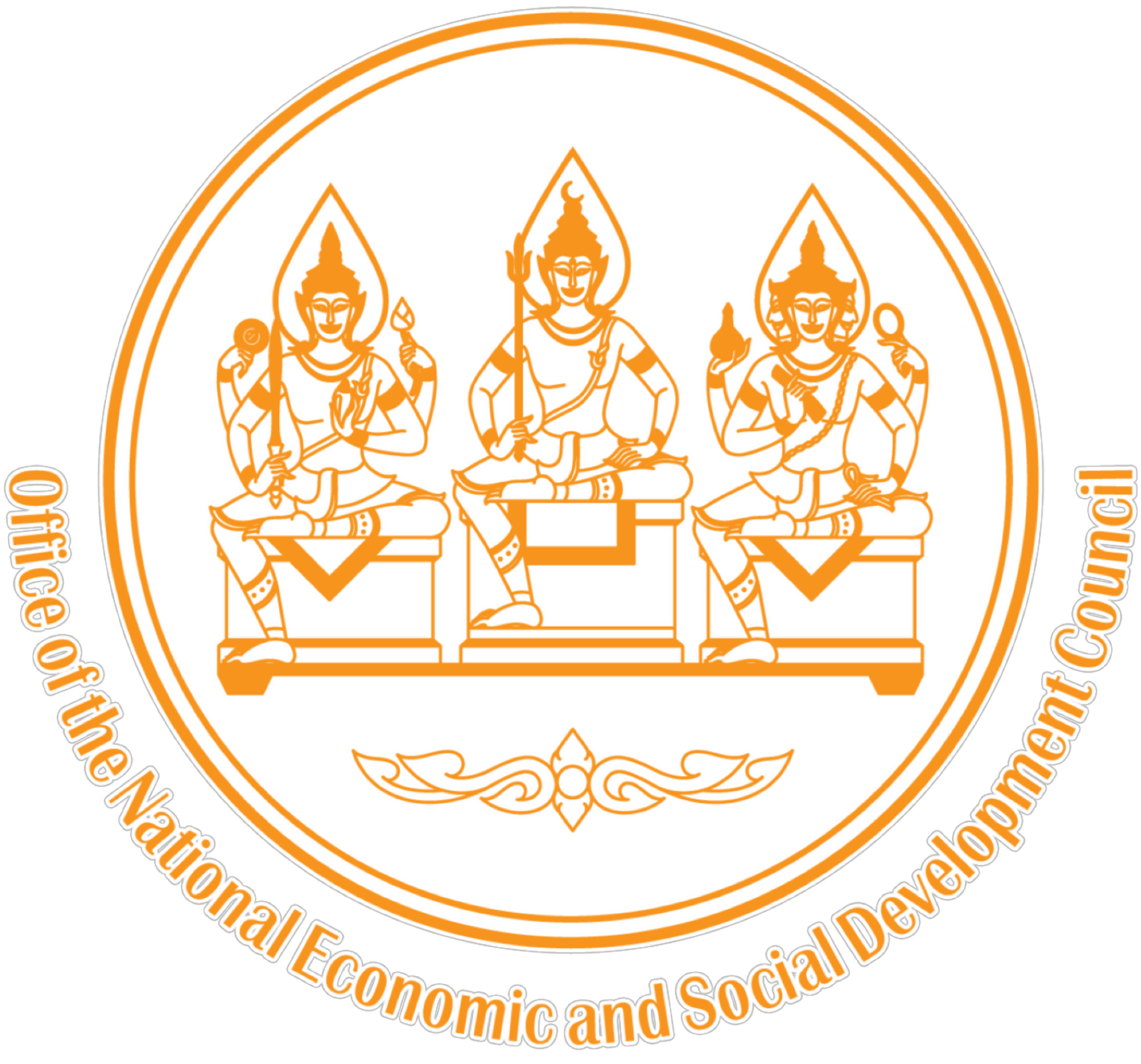ABOUT IMT-GT
- INTRODUCTION
Indonesia-Malaysia-Thailand Growth Triangle (IMT-GT) idea was initiated by former Prime Minister of Malaysia, H.E. Tun Dr. Mahathir Mohammad. In 1993, the former President of Indonesia, H.E. Suharto, Prime Minister of Thailand, H.E. Chuan Leekpai and HE. Tun Dr. Mahathir Mohammad was endorsed the formalisation of IMT-GT in Langkawi, Malaysia.
IMT-GT provides a sub-regional framework for accelerating economic cooperation and integration of the member states and provinces in the three countries.
The IMT-GT promotes private-sector led economic growth and facilitates the development of the sub-region as a whole by exploiting the underlying complementarities and comparative advantages of the member countries.
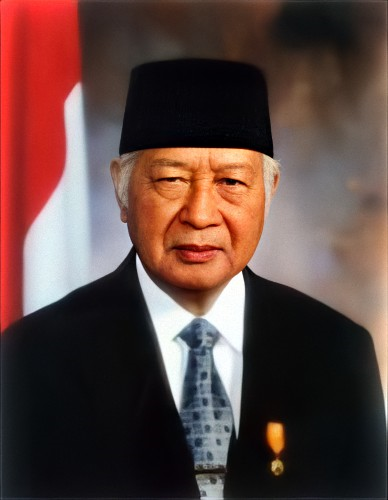
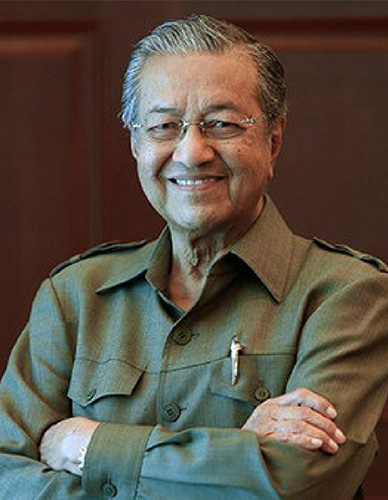
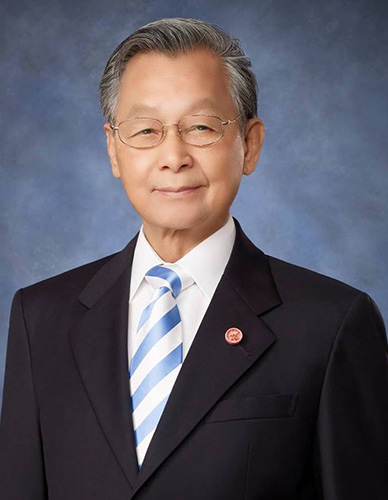
- IMT-GT MISSION & VISION
IMT-GT envisions a seamless, progressive, prosperous and peaceful subregion with improved quality of life.
- WORKING GROUP
The seven strategic pillars denote the key focus areas that are expected to produce the most significant economic and social impact on the IMT-GT subregion. These pillars are divided into three Lead Focus Areas that are supported by four Enablers.
The Lead Focus Areas comprise the Agriculture & Agro-Based Industry, Tourism, and Halal Products and Services Pillars. It is intended that they will spearhead IMT-GT cooperation and integration for the next two decades. These lead focus areas were selected based on careful evaluation of the comparative and competitive advantage of the subregion.
The four Enablers will support the Lead Focus Areas and comprise the Transport and ICT Connectivity, Trade and Investment Facilitation, Environment, and Human Resource Development, Education and Culture Pillars.
- INSTITUTIONAL MECHANISM
The IMT-GT Leaders’ Summit is held in parallel with the ASEAN Summit once annually. The Summit will be attended by the Prime Ministers of Indonesia and Malaysia along with President of Kingdom Thailand to discuss and create policies for the subregion of IMT-GT. The Summit fosters consensus on IMT-GT issues like economic growth and social development and provides overall policy guidance on subregional cooperation and integration.
The IMT-GT Ministerial Meeting (MM) provides overall guidance and advice on the pursuance of IMT-GT for Subregional developments. The MM also provides guidance to address key issues and challenges of common interest and sets policy directions to achieve the aimed goals and objectives.
The Ministerial Meeting is leaded by the Ministers who represents the countries of Indonesia, Malaysia and Thailand.
The Ministers will be well briefed on all Working Group Meetings, along with other concurrently running programmes and activities such as Sustainable Urban Development (SUD), Green and other development related presentations by Private Sectors like ICLEI-Local Governments for Sustainability, Danish Energy Efficiency Partner (DEEP) and many more.
The IMT-GT Senior Officials Meeting (SOM) are headed by the appointed authorities respectively from International Economic Cooperation and Financing Coordinating Ministry for Economic Affairs, National Economic and Social Development Board (NESDB) and Economic Planning Unit (EPU) Prime Minister’s Department). The appointed authorities determines the implementation priorities and provides directions and advice to ensure a well-organized coordination and integration of its guiding approaches, key measures and strategies while interfacing with senior representatives of partner organizations’ and key industry leaders with the view of forging strategic partnerships with these entities and personalities and soliciting resources, expertise and technology crucial for the effective implementation of the measures and strategies.
The working group meeting is held by IMT-GT’s respective working group members to uphold to all projects execution while ensuring the projects implemented is relevant and competitive that responds to megatrends and economic developments
The Chief Ministers and Governors Forum (CMGF) on the Green Cities Action Plan (GCAP) aims to mitigate environmental impacts, including the increasing risks posed by climate change. Their role is to scale up successful GCAP models, and work towards developing a sustainable urban development framework for IMT-GT cities. The implementation of the action plans under this subregional framework could open new investment opportunities, with green, liveable IMT-GT cities providing strong sources of growth in the subregion. CMGF also provides policy inputs and collaborates very closely with the Senior Officials Meeting and Ministerial Meeting for implementing and executing local governments of IMTGT goals, objectives, programmes and projects.
The purpose of this meeting is to discuss and design projects and action plans among the Working Group Level in IMT-GT every year. This meeting also discusses new project proposals that is potential to be incorporated in the IMT-GT Implementation blueprint.
The CIMT Advisory Committee Meeting (ACM) is conducted to review the performance, progresses, operating review, financial, and challenges faced by the secretariat of IMT-GT known as the Centre for IMT-GT Subregional Cooperation. This meeting will be headed by the respective country’s Senior Officials with the guidance of the National Secretariats.


